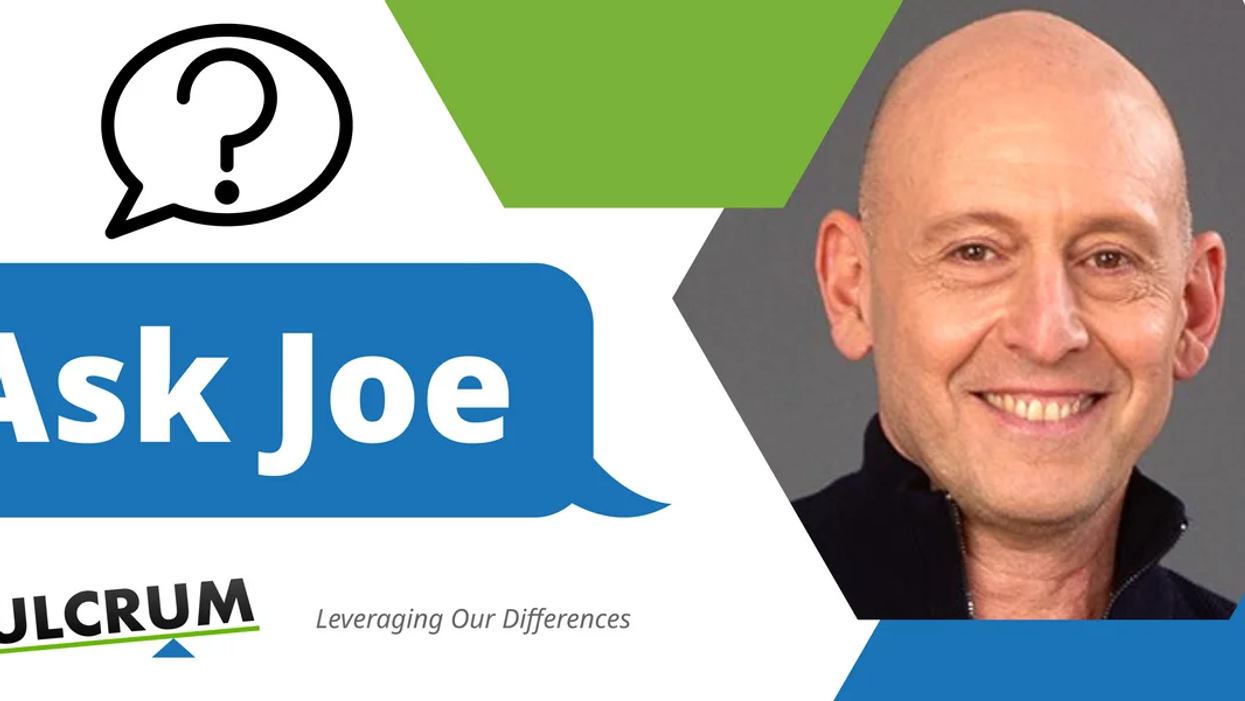Hi Joe,
I know this issue is too big to address in one article, but I’m feeling so hopeless, perhaps you have some perspective on this. My family and I are struggling with a cousin of mine who has bought into all of the extreme propaganda on social media. We can’t reach him anymore and we are worried he may get as bad as people who forced their way into the Capitol. It’s gone beyond just him inconveniencing our holiday gatherings with his theories on vaccines and stuff.
The only one he seems to kind of be reasonable with is me. But I don’t know what to do. Any suggestions?
Heartbroken.
Hi Heartbroken,
I’m deeply sorry that you are dealing with this. I’m talking with people around the world who are confronted with this – from mild to extreme – and I discuss this in length in my upcoming book, Fierce Civility. Here are a few points that might help you approach your cousin in a different way:
In my book, I lay out how the ongoing breakdown of independent critical thinking has resulted in so much volatility, polarization and lack of civil discourse. Losing the capacity to distinguish between what is a fact and a belief, and not having the courage to consider that what you perceive to be true may not be the whole story, is a large part of this. And make no mistake, we all do this on some level.
But the other significant factor to the causes of this phenomenon is an extreme degree of nervous system dysregulation. We are all struggling with a world filled with so much change, uncertainty and lack of trust in institutions, causing deep anxiety and fear. If this is the case, then caught in our fight-flight-freeze responses, anything that seems different or threatens our sense of security will be perceived as a threat. And the more we benefit from the current structures of power that are shifting, the higher the level of panic and dysregulation we will experience. All of this shuts down our hearts to empathy, compassion, wisdom and curiosity.
The combination of the lack of capacity to courageously question our beliefs, plus extreme chronic nervous system dysregulation, makes it almost impossible for someone to access their higher reasoning part of their brain. Stuck in the survival part of the brain, they will perceive any challenges to the status quo as possible life-or-death challenges. As a survival mechanism, they look for the first thing that eases their high levels of anxiety, even if what they latch onto isn’t factually true. And not only that, because these people find it hard to use their independent critical thinking, they are easily influenced by those who trigger their fear response and end up doing the thinking for them. Therefore, because they are no longer able to think critically and self-reflect, trying to change their mind, or argue issues and points, will not only not work, but exacerbate the tension and separation.
However, making an appeal to the heart, especially with those who are deeply entrenched in their beliefs, has the potential for more lasting impact than just using reason and facts. For instance, I have read accounts of people who have rescued family members from cults. Even though their loved ones were no longer living with, or associated with, the cult communities and were back with their families, they were still under the spell of the cult leaders. They explained that any attempts to use facts to help free these loved ones from what they still believed to be true failed, and, in fact, created more distance. They found that what did the trick was to always appeal to their hearts, reinforce that they are loved, and remind them of happy, fun stories of the past.
While the family members didn’t believe the same things, they still honored that what their loved ones believed in that moment was true for them. Always present and engaged in a compassionate way, they didn’t tell their loved ones they were wrong, but simply listened. Over time, the psychological power of the cult leaders had less power over them. Eventually, they were able to let go of that worldview and remember who they truly were.
This won’t instantly solve the problem, Heartbroken, but it may give you some insights as to what is happening with your cousin and support you to find a way to call him back to his heart. As I’ve said in many past articles, it is not our place to change people, but we can create the conditions of safety and trust which may eventually influence and transform their viewpoints so that they can find their way to back to themselves on their own time.
This is the true courageous work of compassion,
Joe
Learn more about Joe Weston and his work here. Make sure to c heck out Joe’s bestselling book Fierce Civility: Transforming our Global Culture from Polarization to Lasting Peace, published March 2023.
Have a question for Joe? Send an email to AskJoe@fulcrum.us




















Trump & Hegseth gave Mark Kelly a huge 2028 gift